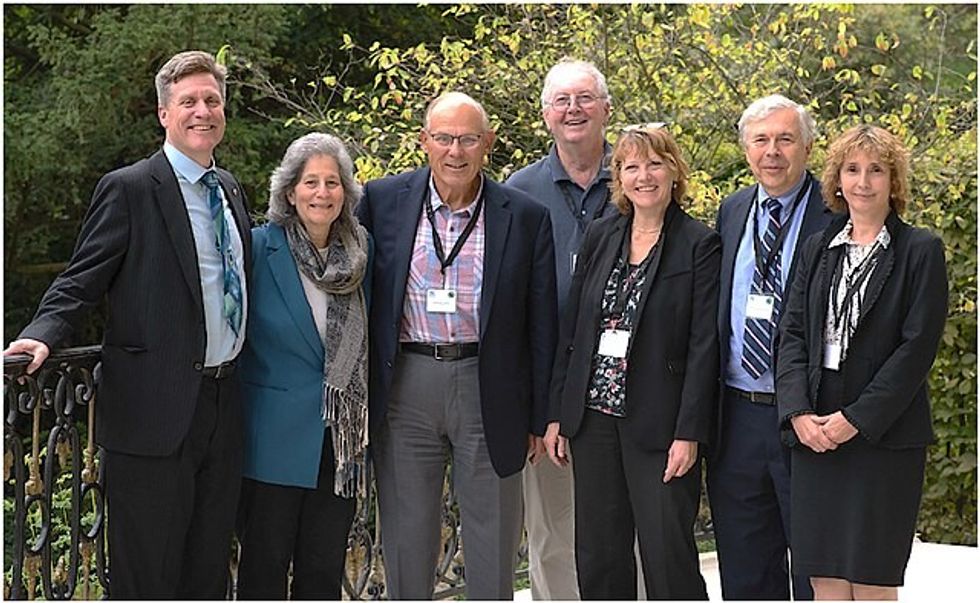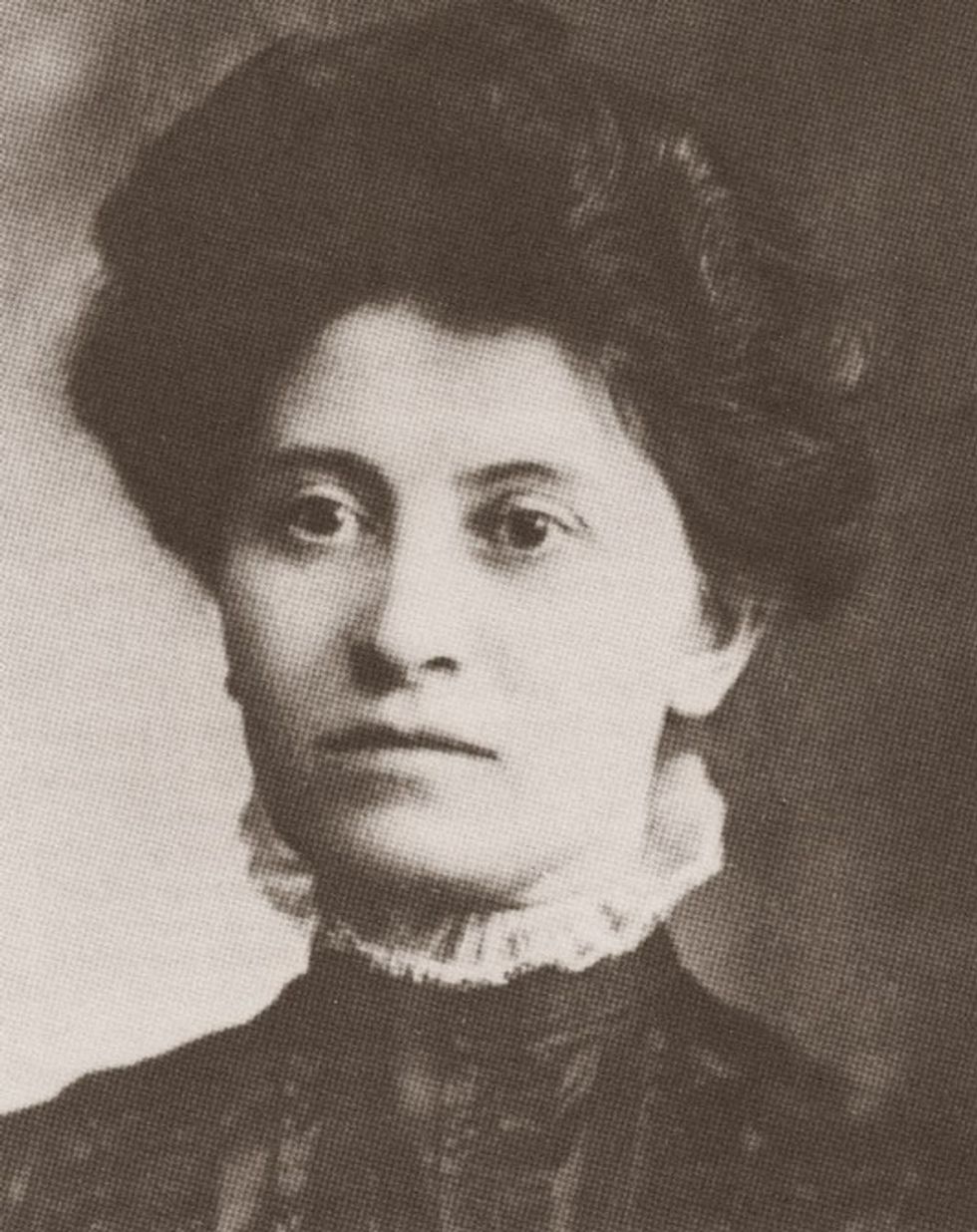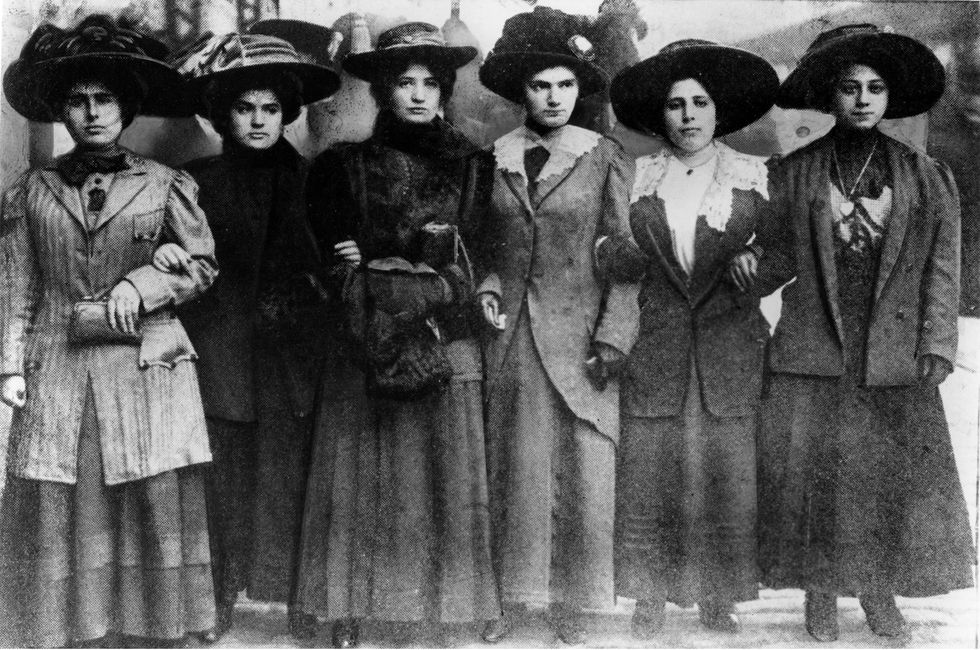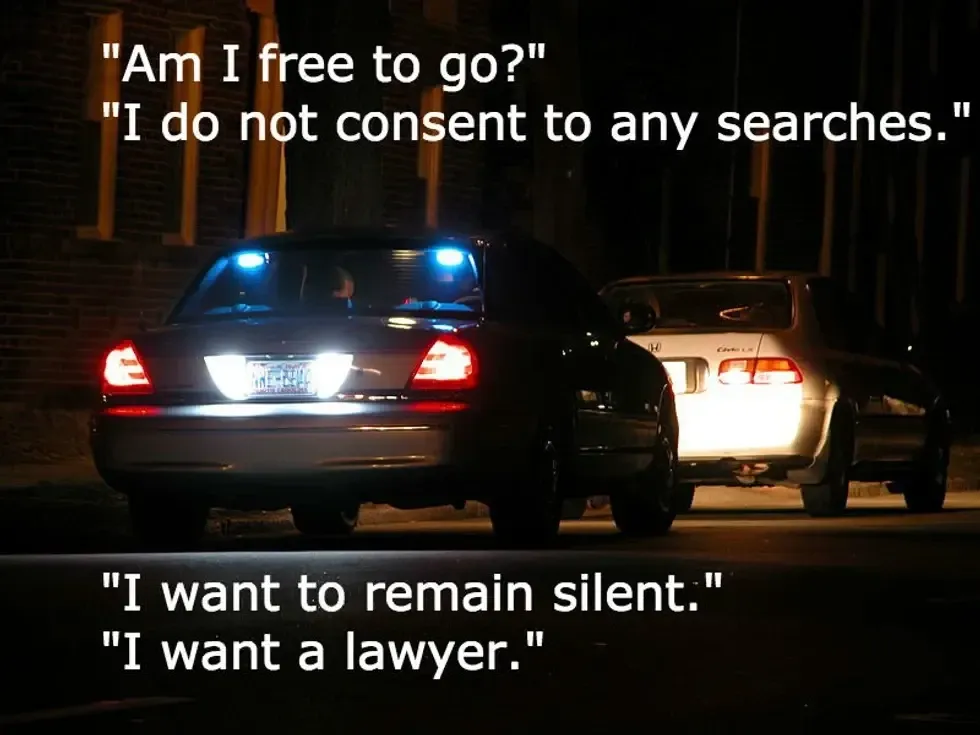For the past four decades, there’s been a controversial movement in German kindergartens to curb drug abuse later in life. The answer to this vexing issue: Take away the kids’ toys.
Studies dating back to the ‘80s have found that toys — like recreational drugs — provide children with an easy means of escape. Therefore, by removing this crutch, children are forced to develop important problem-solving competencies such as critical thinking, creativity, and social skills.
One Berlin daycare center recently took away its children’s toys for three months. The teachers gave them no instructions on what to do and simply supervised their interactions. The children soon learned to overcome their boredom and frustration by creating games out of what was lying about the classroom.
Without toys, the children would wear blankets on their backs and pretend to be animals. They’d organize their chairs into a train or go outside and collect sticks and make crafts out of nature.
“Without any toys, children have the time to develop their own ideas,” said Elisabeth Seifert, the managing director of Aktion Jugendschutz, a youth nonprofit that promotes this project. “In toy-free time, they don’t play with finished toys. They develop their own games. They play more together, so they can better develop psychosocial competencies.”
The toy-free studies align with research out of Johns Hopkins University that suggests scarcity improves creativity. “Contrary to common belief, abundant resources may have a negative effect on creativity,” the study's authors, Meng Zhu and Ravi Mehta, wrote. “We found that scarcity forces consumers to think beyond the traditional function of a given product and enhances creativity.”
The toy-free kindergarten movement has plenty of critics, with some going as far as to call it child abuse. “To give children no toys is toy deprivation,” Hans Mogel, a psychology professor from the University of Passau, said in an interview with Focus. “This is a form of child abuse. Deprivation comes at the expense of feeling secure and developing a healthy self-esteem.”
While toy-free kindergarten may be an extreme way to develop important coping skills in children, its basic message has a lot of merit. In today’s age of tablets, television, and passive activities, giving children the space to develop their own creative ideas is an undeniably wonderful way to encourage their growth.

















 Freddie Mercury GIF by Queen
Freddie Mercury GIF by Queen File:Statue of Freddie Mercury in Montreux 2005-07-15.jpg - Wikipedia
File:Statue of Freddie Mercury in Montreux 2005-07-15.jpg - Wikipedia
 The hole in the ozone layer in 2015.Photo credit: Wikimedia Commons
The hole in the ozone layer in 2015.Photo credit: Wikimedia Commons In the 1980s, CFCs found in products like aerosol spray cans were found to cause harm to our ozone layer.Photo credit: Canva
In the 1980s, CFCs found in products like aerosol spray cans were found to cause harm to our ozone layer.Photo credit: Canva Group photo taken at the 30th Anniversary of the Montreal Protocol. From left to right: Paul Newman (NASA), Susan Solomon (MIT), Michael Kurylo (NASA), Richard Stolarski (John Hopkins University), Sophie Godin (CNRS/LATMOS), Guy Brasseur (MPI-M and NCAR), and Irina Petropavlovskikh (NOAA)Photo credit: Wikimedia Commons
Group photo taken at the 30th Anniversary of the Montreal Protocol. From left to right: Paul Newman (NASA), Susan Solomon (MIT), Michael Kurylo (NASA), Richard Stolarski (John Hopkins University), Sophie Godin (CNRS/LATMOS), Guy Brasseur (MPI-M and NCAR), and Irina Petropavlovskikh (NOAA)Photo credit: Wikimedia Commons
 Getting older means you're more comfortable being you.Photo credit: Canva
Getting older means you're more comfortable being you.Photo credit: Canva Older folks offer plenty to young professionals.Photo credit: Canva
Older folks offer plenty to young professionals.Photo credit: Canva Eff it, be happy.Photo credit: Canva
Eff it, be happy.Photo credit: Canva Got migraines? You might age out of them.Photo credit: Canva
Got migraines? You might age out of them.Photo credit: Canva Old age doesn't mean intimacy dies.Photo credit: Canva
Old age doesn't mean intimacy dies.Photo credit: Canva
 Theresa Malkiel
commons.wikimedia.org
Theresa Malkiel
commons.wikimedia.org
 Six Shirtwaist Strike women in 1909
Six Shirtwaist Strike women in 1909
 University President Eric Berton hopes to encourage additional climate research.Photo credit: LinkedIn
University President Eric Berton hopes to encourage additional climate research.Photo credit: LinkedIn
 Image by Ildar Sajdejev via GNU Free License | Know your rights.
Image by Ildar Sajdejev via GNU Free License | Know your rights.